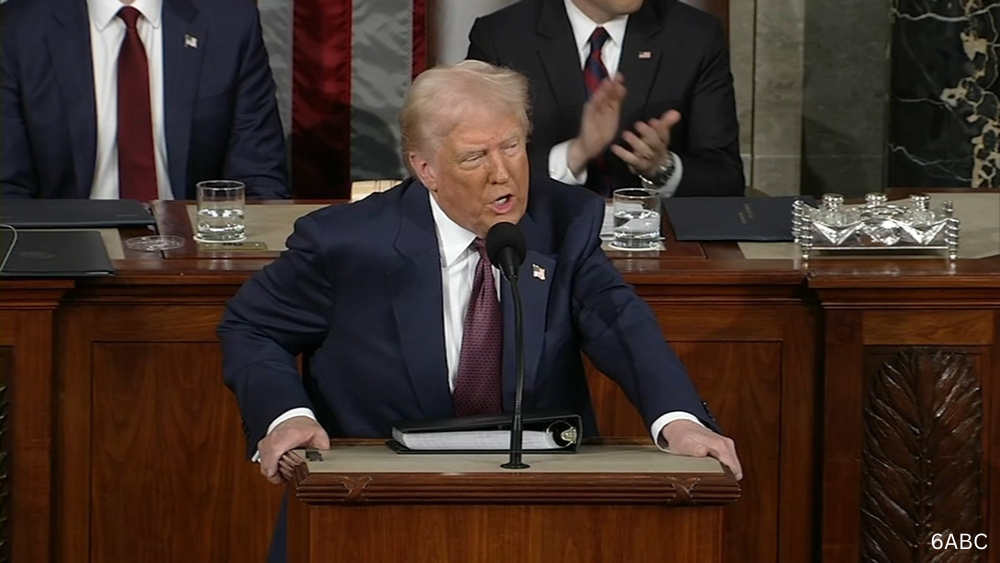The recent response from Hamas to former President Donald Trump’s peace plan has drawn mixed reactions from U.S. lawmakers, reflecting the complex and often divided perspectives on Middle East diplomacy. While some politicians welcomed the engagement as a positive step, others cautioned that significant challenges remain. The divergent responses underscore the delicate balance between encouraging diplomatic progress and recognizing unresolved issues that could hinder a lasting peace.
Encouraging Remarks from Supportive Lawmakers
Several U.S. lawmakers expressed cautious optimism regarding Hamas’ engagement with Trump’s peace proposal. Senator John Fetterman, Democrat of Pennsylvania, described the response as “encouraging,” signaling that any willingness to negotiate is a step forward in a long-standing conflict.
Representative Marjorie Taylor Greene, Republican of Georgia, also welcomed the development, emphasizing the urgent need for peace. She remarked, “Peace is badly needed,” highlighting both the humanitarian stakes and the importance of diplomatic intervention to prevent further violence and civilian suffering in Gaza and Israel.
These supportive statements illustrate a bipartisan recognition that constructive engagement, even if partial or conditional, can pave the way for dialogue, reduce hostilities, and potentially save lives.
Caution from Skeptical Lawmakers
Not all lawmakers were optimistic, however. Senator Lindsey Graham, Republican of South Carolina, issued a warning about interpreting Hamas’ response as a breakthrough. He noted several concerns, including the lack of commitment to disarmament, Hamas’ continued control over Gaza, and the conditional nature of hostage release tied to negotiations.
Graham summarized the challenges succinctly, stating that the response was, in essence, a rejection of President Trump’s “take it or leave it” proposal. His remarks highlight the difficulties inherent in negotiating with armed groups, particularly when elements of a proposed peace plan remain unacceptable to one party.
The Broader Implications of Lawmakers’ Reactions
The mixed reactions among U.S. lawmakers reflect the complexities of American involvement in Middle East diplomacy. Supportive voices encourage continued negotiation and highlight the humanitarian dimension, while skeptical lawmakers underscore security, enforceability, and political concerns.
These contrasting perspectives can influence U.S. foreign policy and the degree of diplomatic pressure applied to parties in the conflict. Lawmakers’ public statements also serve to shape domestic and international perceptions of the peace process, signaling to both Israel and Hamas that U.S. engagement is under scrutiny.
Key Issues Highlighted by Skepticism
Several specific issues were cited by skeptical lawmakers as obstacles to a lasting resolution:
- Disarmament: The absence of a clear commitment by Hamas to give up arms remains a major security concern for Israel and the international community.
- Governance Control: Hamas’ retention of administrative control over Gaza raises questions about the feasibility of long-term political agreements.
- Conditional Hostage Release: Tying the release of hostages to ongoing negotiations complicates timelines and adds uncertainty to humanitarian efforts.
These challenges demonstrate that, while engagement is a positive development, significant gaps remain between the expectations of the peace plan and Hamas’ positions.
The Role of Bipartisan Support
Bipartisan support for diplomatic engagement is critical in providing momentum for peace efforts. Senators and representatives from both parties emphasizing dialogue, hostages’ safety, and regional stability can help maintain international focus and reinforce U.S. leadership in encouraging cooperation.
At the same time, constructive criticism from skeptical lawmakers ensures that agreements are scrutinized for feasibility, security, and enforceability, reducing the risk of failed negotiations or renewed conflict. Balancing optimism with caution is essential in managing such a sensitive international process.
Conclusion
U.S. lawmakers’ reactions to Hamas’ response to Trump’s peace plan underscore the complexities of Middle East diplomacy. While some view the engagement as encouraging, signaling potential for dialogue and humanitarian progress, others warn of unresolved challenges that could undermine a lasting resolution. The mixed responses highlight the need for continued scrutiny, international cooperation, and careful negotiation to ensure that peace efforts are both meaningful and sustainable.
%20(4).png)




